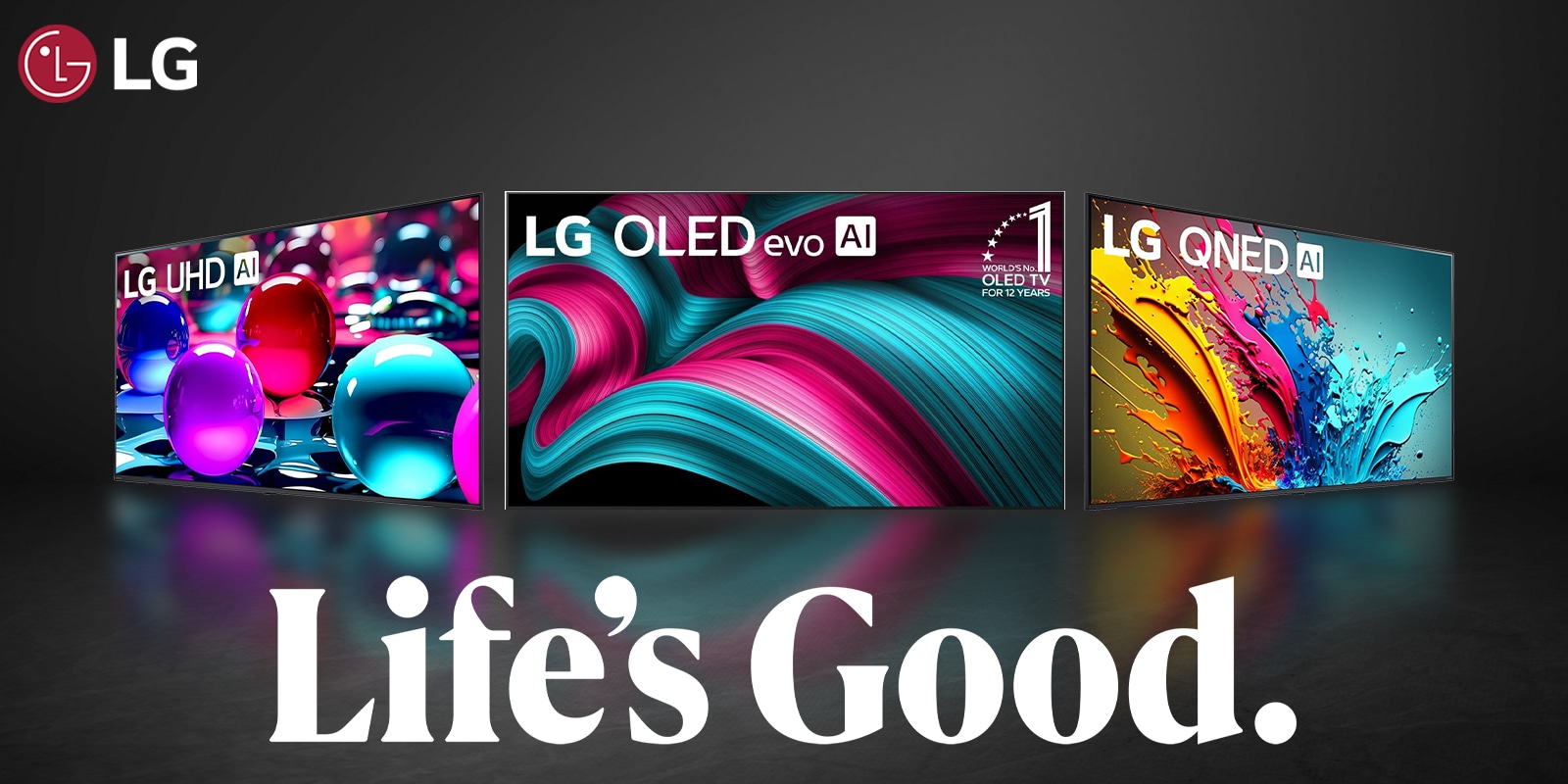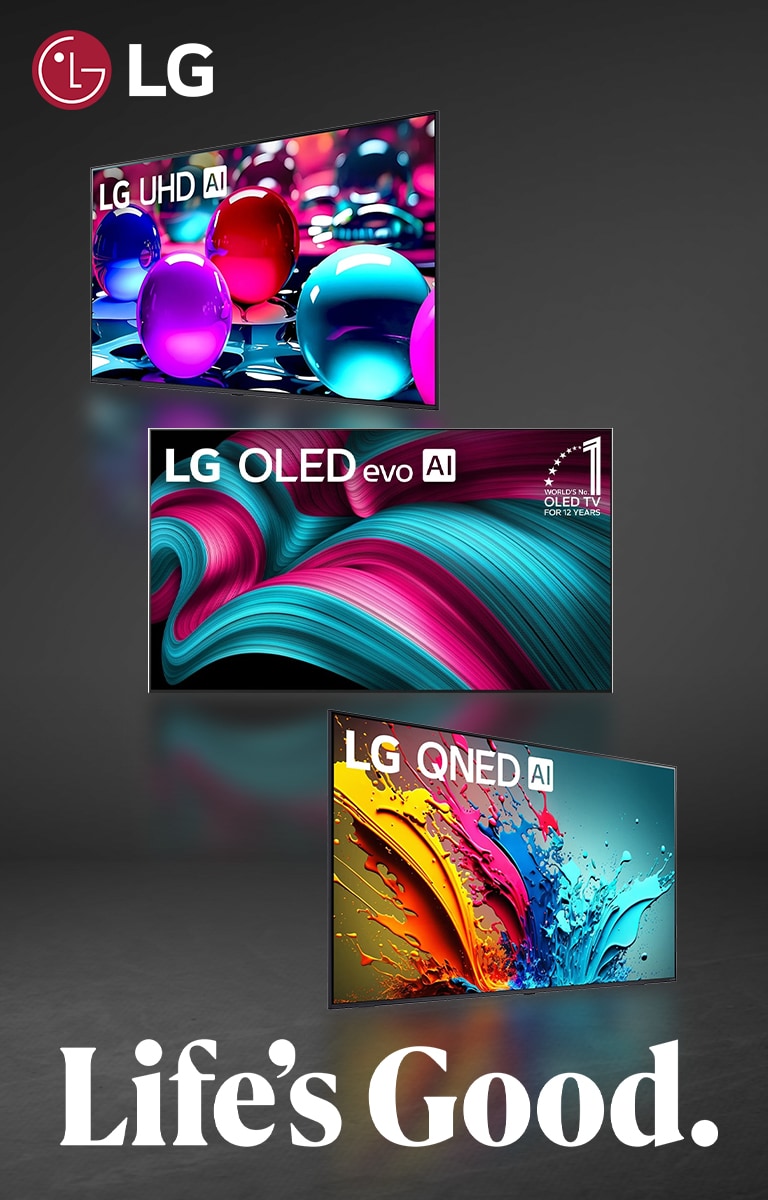-
Smart TV vs AI TV – Which One Is Better
Choosing a new TV isn’t just about size and design anymore — it’s about the technology that powers your viewing experience. While Smart TVs have been the standard for years, AI TVs are stepping in with smarter features, personalised viewing, and improved picture and sound.
But what’s the real difference between the two? And more importantly, which one should you buy? Let’s break it down.
What is a Smart TV?
A Smart TV is a television that connects to the internet and comes with built-in apps for streaming, browsing, and more.
Key Features of a Smart TV include:
● Streaming from apps like Netflix, Showmax, YouTube, and Amazon Prime Video
● Built-in web browser
● Voice control (basic)
● Screen mirroring from phones or tablets
They’re great for households that want all-in-one entertainment without the hassle of set-top boxes or media sticks.
What is an AI TV?
An AI TV is a Smart TV with artificial intelligence features to personalise the viewing experience. It can achieve this by optimising sound and picture quality and suggesting tailored content based on user habits.
Key AI TV features include:
● AI Picture Pro: Optimizes picture quality in real time by analyzing scenes and enhancing sharpness, colour, and detail. It upscales lower-resolution content for a more lifelike image and automatically adjusts to your viewing environment. With AI Picture Wizard, the TV personalizes display settings based on your preferences.
● AI Sound Pro: Enhances audio by automatically balancing voices, sound effects, and background music. It delivers clearer dialogue, richer bass, and immersive surround effects—adapting to what you’re watching, whether it’s a movie, game, or live sports.
● AI Upscaling: Uses advanced algorithms to transform lower-resolution content into near-4K or 8K quality. This makes older shows, standard broadcasts, or non-HD content look sharper, smoother, and more detailed.
● AI Brightness Control: Adjusts screen brightness automatically using an ambient light sensor. This ensures your viewing is comfortable and optimized, whether you’re watching in daylight, low light, or complete darkness.
● AI Magic Remote: A smart remote that goes beyond buttons. Control your TV with voice commands, gestures, or the dedicated AI button, making browsing, searching, and switching apps faster and more intuitive.
● AI Experience: Offers intelligent services like a built-in chatbot, virtual concierge, and personalized profiles. It adapts to your habits over time, making your TV experience simpler and more enjoyable.
● Advanced Voice Control: Understands natural, conversational speech for quick navigation, content searches, and even controlling other connected smart home devices.
Also read: Why Choose LG AI TV
-
Smart TV vs AI TV: Side-by-Side Comparison
| Dimension | Smart TV (baseline) | AI TV (premium / adaptive) |
| Internet & apps |
Yes: streaming, webOS app store, voice assistants (Google/Alexa) for navigation. |
All of the above, plus AI-driven content suggestions & smarter voice integration (AI Experience). |
| Picture optimization |
Fixed modes, some upscaling |
AI Picture Pro: real-time upscaling, environment-aware tuning, “wizard” personalization. |
| Sound |
Standard sound profiles, basic up-mix |
AI Sound Pro: intelligent up-mixing/remastering for clarity, context-aware audio. |
| Brightness/environment adaptation |
Manual or simple modes |
AI Brightness Control: ambient light sensing and automatic adjustment. |
| Remote / interaction |
Conventional or basic smart remote |
AI Magic Remote: voice, gesture, AI button, concierge/chatbot via ThinQ AI. |
| Personalization over time |
History-based recommendations |
Deep learning via AI ThinQ: learns habits and refines suggestions and settings. |
| Price/positioning |
Budget to mid |
Premium, tailored experience |
| Ideal user |
Wants smart streaming and convenience on a budget |
Wants the highest fidelity, less manual tweaking, and a TV that “adapts” to them. |
-
Real-World Scenarios: Which One Should You Choose?
● Budget-conscious streamers → Smart TV
If you mostly watch Netflix or YouTube and don’t need advanced enhancements, a Smart TV gives you all the essentials at a lower price.
● Home cinema lovers & audiophiles → AI TV
If you want lifelike sound and visuals that adjust automatically for sports, gaming, or movies, an AI TV is the better choice.
● Families & shared households → AI TV
With personalized profiles and content recommendations, everyone gets a unique, tailored experience without fighting over settings.
-
Frequently Asked Questions
What is the main difference between a Smart TV and an AI TV?
A Smart TV connects to the internet and lets you stream content, use apps, and access voice assistants. An AI TV includes all of that but adds artificial intelligence to automatically optimize picture, sound, and personalization based on your environment and viewing habits.
Is an AI TV worth it?
Yes, if you value convenience and premium quality. AI TVs automatically adjust settings for the best possible experience, saving you from manual tweaks. For casual viewers, a Smart TV may be enough.
Do I need an AI TV if I already have a Smart TV?
Not necessarily, but if you're looking for more lifelike pictures, immersive sound, and smart recommendations, upgrading is definitely worth it.
What’s the difference between AI upscaling and regular upscaling?
AI upscaling uses intelligent image analysis to fill in missing detail and make lower-quality content look sharper, while regular upscaling simply stretches the image.
Will the TV learn my preferences over time?
Yes - AI TVs adapt to your viewing habits and environment, optimising performance automatically.




